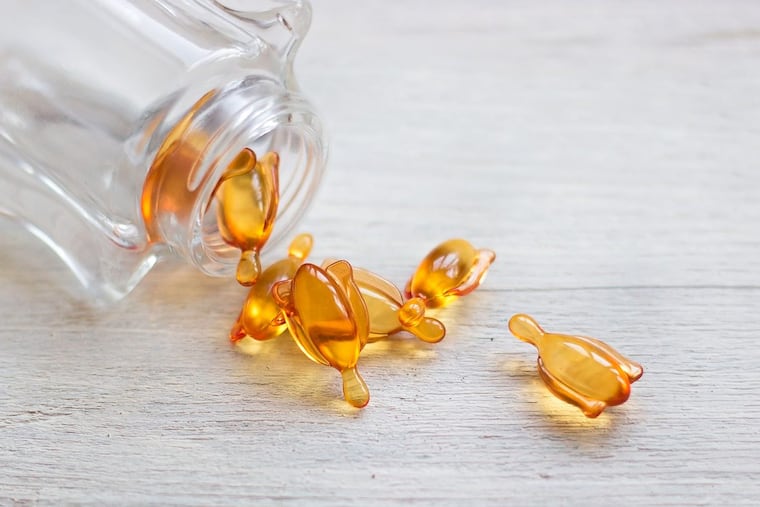What is collagen and why are people ingesting it?
Collagen is a protein found in the body that helps joints move, ligaments stretch, and skin rebuild and repair.

If you follow food bloggers or have a particularly health-obsessed friend, you've likely heard of the newest buzzword: collagen. But what is collagen and should you be incorporating into your daily routine?
Collagen is a protein found within the body that helps joints move, ligaments stretch, and skin rebuild and repair. As an added bonus, collagen also helps maintain the gut lining. The collagen found in our bodies is made up of several amino acids, including glycine, proline, hydroxyproline, and arginine. As we age, the amount of collagen in our body decreases.
Many companies and bloggers claim collagen supplements improve hair growth, rejuvenate skin, heal muscle and joint problems, and some even go as far as claiming it halts the aging process. These are remarkable claims; however, they are largely rooted in personal testimonials. At this time, the research surrounding collagen is limited, which makes it difficult to conclude whether the above claims are valid.
However, a 2015 study concluded that oral collagen supplementation from pigs and fish improved skin aging characteristics such as dryness and fragmentation. In addition, a 2008 study treated athletes with 10 grams of collagen hydrolysate. Compared with the placebo group, the athletes reported improved joint pain while active and at rest. A 2015 study demonstrated that when paired with resistance training, collagen supplementation increased body mass in extremely frail, older men. Currently, no studies exist on collagen's impact on gut health.
Despite potential benefits, collagen is no miracle drug — and it certainly won't cure your problems overnight. After a few weeks, you may feel or notice small differences, but dramatic claims are unlikely to be experienced.
If you decide to incorporate collagen into your diet, it is crucial to use high-quality sources. In general, poor-quality supplements could expose you to contaminates, unlisted ingredients, or inaccurate concentrations of contents as supplements are not regulated by the FDA. Also, be mindful of how much of the supplement you consume. Some existing studies have demonstrated that large doses may result in unwanted side effects such as nausea, diarrhea, constipation, and headaches.
Some companies that produce quality collagen:
Vital Proteins sources their collagen from grass-fed, pasture-raised bovine hides from Brazil and wild-caught, non-GMO Red Snapper off the coast of Hawaii. They offer a wide range of collagen-based products including Matcha Collagen and Collagen Creamers. Vital Proteins is a NSF-certified facility and uses a third party for product testing.
Sports Research collagen is made from grass-fed, pasture-raised, bovine hide collagen peptide. Sports Research uses GMP-compliant facilities, tests products for purity prior to encapsulation, and has an independent third-party lab assess quality.
Elise Deming is a registered retail dietitian nutritionist in New Jersey. For more nutrition tips and recipes, visit her blog at eatwithelise.com.